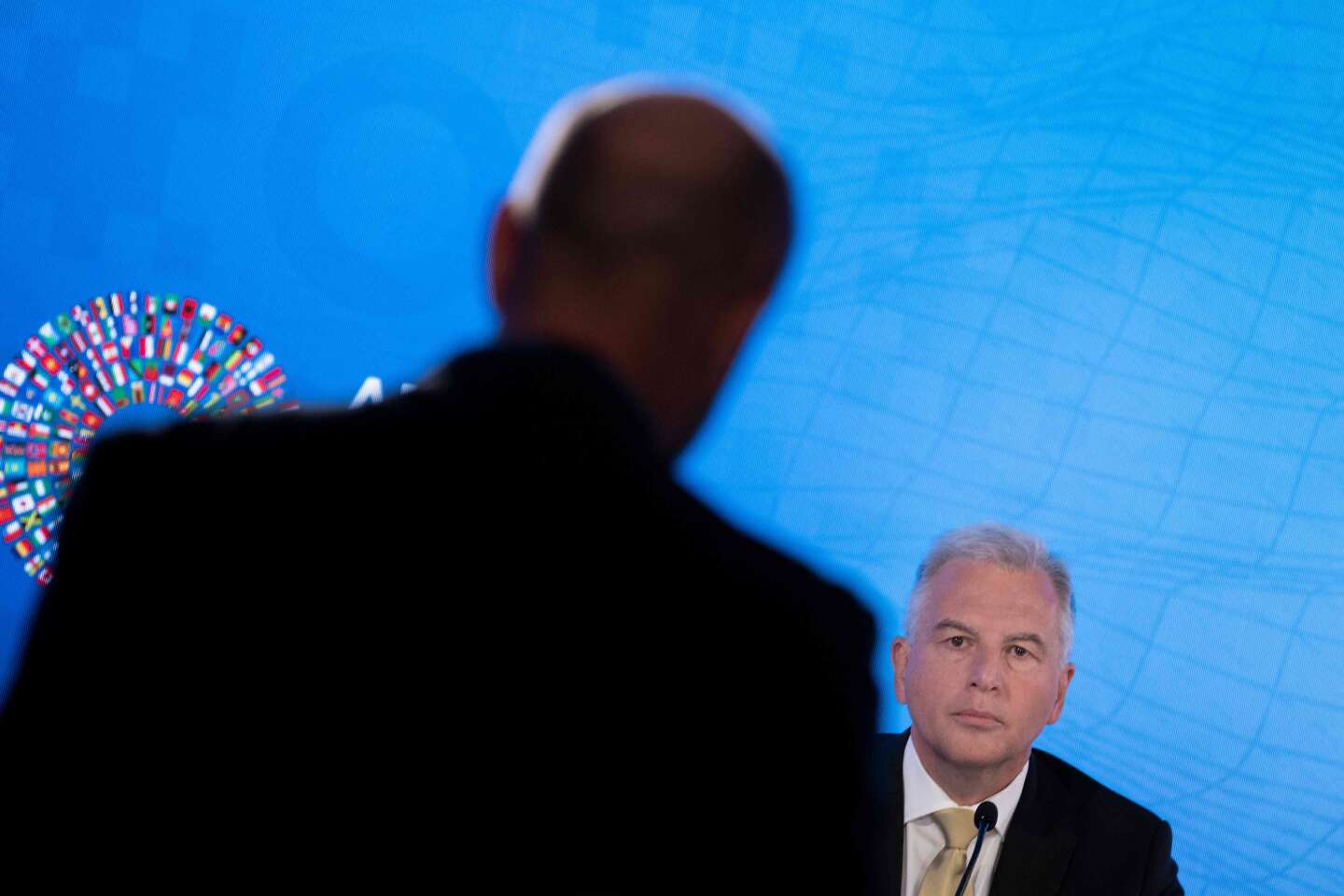Former British Prime Minister Boris Johnson announced late Sunday his resignation from the leadership of the Conservative Party and then to return to being the head of the British government after failing to obtain the necessary support among “Tory” MPs.
Johnson, who interrupted his Caribbean vacation to launch his political campaign after Liz Truss’s departure, explained that he was unable to reach an agreement with the other two contenders, Rishi Sunak and Penny Mordaunt. “I think I have a lot to offer, but I’m afraid it’s not the right time.”
In a short statement on Twitter Sunday night, shortly after Johnson declared he would not tolerate the Conservative Party split, Sunak vowed to drive with “integrity, professionalism and responsibility” if he won the race for 10 Downing Street.
Going over to Johnson’s side leaves Sunak in front of House of Commons leader Penny Mordaunt. Sunak, the former chancellor whose resignation he handed in in July, dealt the coup de grace to Johnson’s mandate, yesterday garnered public support from several key ministers, including Grant Shapps and, on the conservative right, Suella Braverman.
According to Bloomberg’s tally, Sunak would have the support of at least 123 lawmakers versus Mordaunt’s 23, so he could be appointed as the new prime minister this Monday.
The key to knowing whether the race drags any further this Monday will be how many members of Johnson’s camp, including Brexit advocates like Jacob Rees-Mogg, join Mordaunt. According to political betting site Smarkets, Sunak is almost certain to become Britain’s fourth prime minister in three years.
Whoever wins must face the task of trying to bring unity to a party that has endured months of public turmoil and internal strife. Conservative support lagged far behind the Labor opposition in the polls. The cost of living and rising inflation darken the economic outlook and complicate the government’s outlook.


